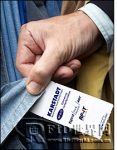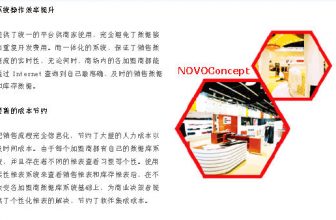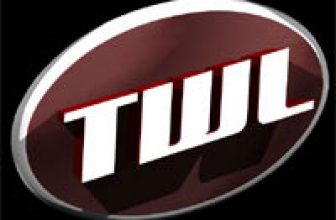
Karstadt, Europe’s largest department store, officially launched an RFID pilot project
[ad_1]
Europe’s largest department store and mail order company-Karstadt (Karlstedt) Group is embarking on the first RFID pilot project. Karstadt has about 186 stores in Germany, employs 36,000 people, the sales store covers a total area of more than 1.7 million square meters, and its annual sales reached 660 million U.S. dollars last year.
“Although many companies are now launching RFID pilot projects,” said Rainer Jilke, head of Karstadt’s purchasing department and RFID project leader, “but so far, we have only been on the sidelines.”
Last year, Jilke and his department proposed to the board of directors to launch an RFID pilot project, and the company decided to launch a six-month pilot project in April this year. By August, there will be more than 20,000 pairs of jeans and sportswear with price tags embedded with RFID chips, which will be sold in a store near the company’s Essen headquarters. In the later stages of the test, the company will continue to label another 30,000 pieces of apparel. Each chip contains a unique ID number coded by EPC.

Previously, Karstadt had been on the sidelines of RFID technology, and they believed that the maturity of this technology was far from reaching the point where it could be tested on a large scale. “Now UHF Gen 2 products are on the market. This is exactly the technology we are looking for,” Jilke said. “We require a 100% read rate. A large number of reads are very important to us, so the wait is worth it.”
Jilke said. “The focus of this test project is not to test which handheld or which antenna has the best performance. We are concerned about how to more effectively integrate RFID technology into our business processes, thereby improving the efficiency of business operations.” Based on this consideration, Karstadt Two partners were selected: ADT, an American electronic security company and RF-IT Solutions, and an Austrian RFID software and consulting company.
ADT is now testing hardware in a laboratory in the Netherlands, and they are responsible for selecting the EPC Class 1 Gen 2 tags and readers used in Karstadt. RF-IT Solutions provides the You-R-OPEN middleware platform and customizes the software to support the daily operations of Karstadt.
In the test, Karstadt will use RFID in three separate processes: tracking from merchandise arrival to sales; managing inventory; locating merchandise so that it can be sold at a reduced price.
Currently, if Karstadt decides to sell some products at a reduced price, each store will receive a list of reduced prices. The store must spend several weeks gathering the products from the point of sale and manually re-marking the price. Using RFID tags, sales staff can quickly identify which products need to be reduced in price, helping Karstadt sell products faster.
Every year, Karstadt must count all inventories. This process is time-consuming, labor-intensive, and error-prone. The use of RFID tags can electronically manage warehouses, save a lot of time and labor, and avoid human errors.
The investment in this project is between $203,000-$271,000. The purpose is to confirm that RFID can be used to improve the efficiency of the process. The result of the test will determine whether Karstadt fully adopts RFID technology.
[ad_2]






